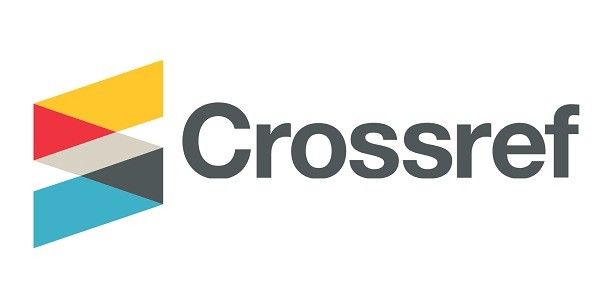The Reality of Satisfaction and Psychological Adjustment During E-Learning in The COVID 19 for A Handball Lesson
DOI:
https://doi.org/10.58305/ejsst.v13i46.252Abstract
It is the first time that the entire world has experienced a pandemic in decades. One of the most important proposed solutions to reduce the spread of COVID 19 was a curfew and staying at home. As a result of applying this procedure, there is a reality imposed on everyone, namely the cancellation of the educational process and the cancellation of conferences, workshops, etc., due to COVID-19. E-learning has emerged as a result and solution to this problem, as it represents a strong meaning for online education. The undeniable fact is that there will be a growing reliance on e-learning in schools and universities. It will also depend on the different educational services provided by the various e-learning systems. Evaluating the e-learning user satisfaction and their psychological adaptability, in general, is important to ensure successful implementation, effective use, and positive impacts on learners. Based on a careful literature review, two electronic questionnaires were designed to assess the degree of satisfaction and psychological conditioning for both parties, teachers and students. Data were collected in two periods of three months apart between them for knowledge of satisfaction and psychological conditioning of the student and the teacher in the handball lesson. The survey was conducted for 3,187 students and 330 teachers in three Iraqi universities to assess satisfaction with and adaptation to e-learning use. The evaluation included the quality of scientific materials provided using modern technologies, satisfaction with electronic tests, and evaluation of the quality of Internet service in Iraq. While assessing student satisfaction with the use of e-learning, it ensures the quality of the scientific information provided, the possibility of dealing with modern technologies used, and the availability of the financial capabilities necessary for using e-learning. The results showed that 75% of teachers are satisfied with e-learning and they have adapted to it by more after three months. Likewise, the number of students who were able to adapt to electronic education and use modern technologies increased, but by a small percentage estimated at 35% only. Finally, according to the data collected, we come to the fact that e-learning needs a longer period to be adapted and fully adopted as a substitute for traditional education.










